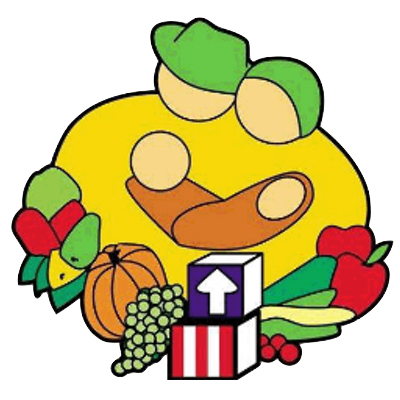FY23 Federal Policy Priorities and NMSHSA Request
In 1969, Migrant & Seasonal Head Start was established as a national program administered by the Office of Head Start and designed to ensure that farmworker families and their children could access the benefits of a Head Start education and services. More than fifty years after its launch, Migrant and Seasonal Head Start remains the only federal early childhood education program that intentionally and effectively serves farmworker families and their children.
In most states, local early childhood education resources are not available when and where farmworker families need them most; this is especially true for families with infants and toddlers. If not for the availability of Migrant and Seasonal Head Start programs in rural agricultural communities, most parents working in agriculture would be forced to choose between forgoing a paycheck and putting time-sensitive harvests in jeopardy or bringing their children to the fields, where they would be exposed to extreme heat, pesticides, dangerous equipment, and other hazards.
The Migrant and Seasonal Head Start model was designed to meet the unique challenges and opportunities faced by farmworker families with young children which requires MSHS programs to be innovative and flexible in response to changes in agriculture, weather, migration patterns and other factor that impact families.
All Migrant and Seasonal Head Start Centers are located in rural agricultural communities and operate seasonally to align with the needs of farmworkers and the growers and processors that employ them. All programs offer extended hours and days of service to accommodate parent work schedules, provide transportation services, employ dual language teachers, and staff who value and prioritize parent engagement as a core strength.
Download and share the following information:
FY23 Federal Priorities and NMSHS Request in English and Spanish.
Statement from Rep. Rosa DeLauro.
Like regular Head Start1 programs, Migrant and Seasonal Head Start programs deliver quality early childhood development and education, health, nutrition, and family engagement services and support. But unlike regular Head Start which does not have a work requirement, to qualify for MSHS services a family must document that their income is primarily derived from agricultural labor, and they must also document that the family income is at or below the federal poverty rate.
While all families endured hardships over the last two years, farmworker families were hit particularly hard by the pandemic. Farmworkers were and are still designated as “essential workers.” This designation means that although MSHS centers closed their doors with the initial COVID-19 outbreak, MSHS parents were expected to continue working and many did. MSHS grantees were some of the first to reopen their MSHS centers for in- person services so parents could return to work.
Farmworkers bring fresh food to the table for millions of families, strengthening the national economy and allowing the world to enjoy American-grown produce. The demand for Migrant and Seasonal Head Start services is now stronger than ever, but there are two significant barriers preventing MSHS programs from meeting the need of farmworker families and their children. These barriers are (1) the inability to pay competitive wages necessary to attract and retain staff and (2) the eligibility criteria that are preventing programs from serving the families and children that MSHS was created to serve.
The NMSHSA is seeking to address both of these barriers using the following policy solutions:
Invest in the Head Start Workforce: Migrant and Seasonal Head Start programs are struggling to offer the wages and benefits needed to attract and retain qualified staff – not to mention staff who are responsive to the cultural and linguistic needs of the farmworker communities we serve. For this reason, the NMSHSA joins the National Head Start Association (NHSA) and the National Indian Head Start Directors Association (NIHSDA) in asking that at least $2.5 billion of the funds requested in FY 23 are made available to increase Head Start workforce compensation with an additional $596 million made available for cost-of-living adjustments (COLA) in FY 23.
Funding Parity for MSHS: The NMSHSA requests that not less than 5% of the Head Start appropriation is directed to fund the National Migrant and Seasonal Head Start Program to serve pregnant women and children from birth to the age of five and their families working in agriculture.
